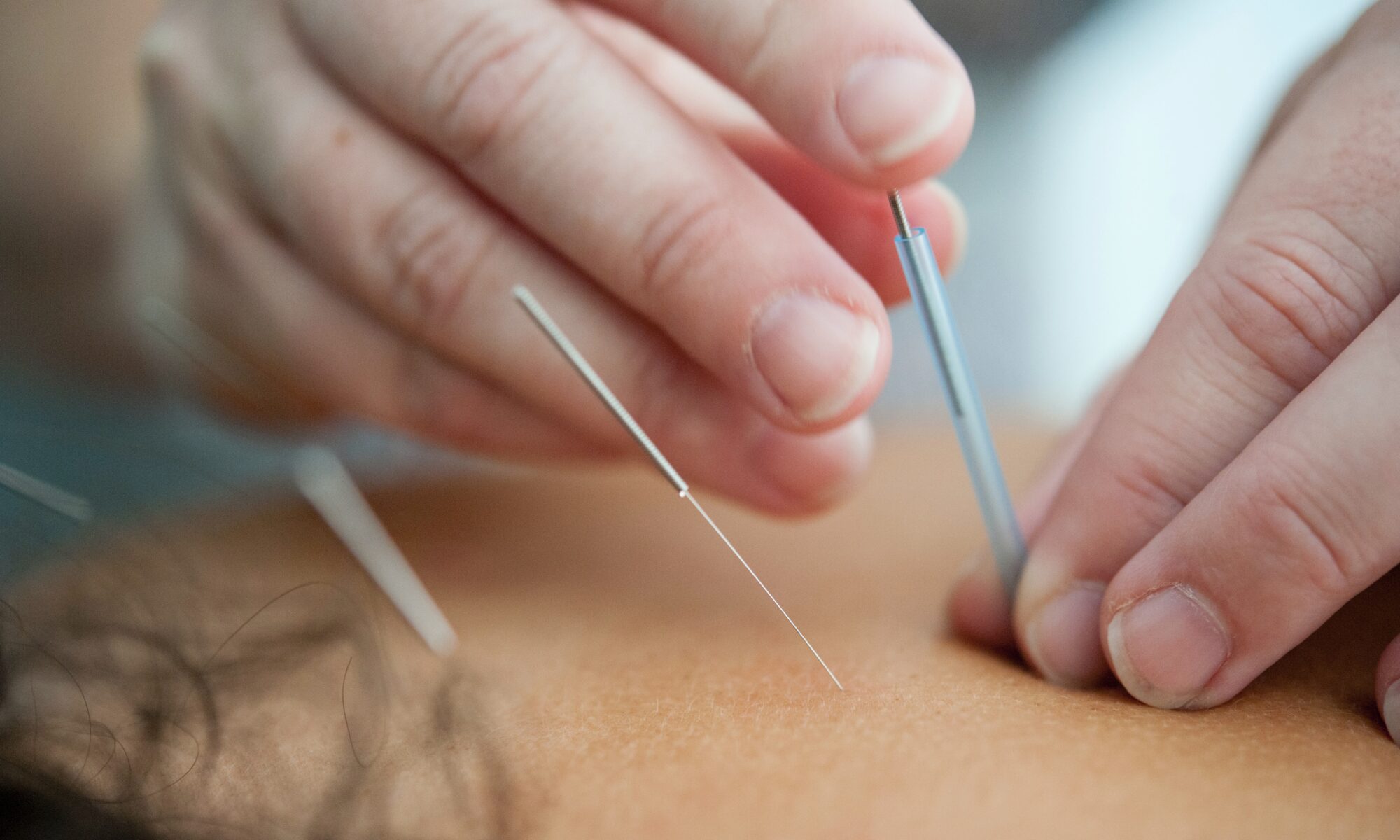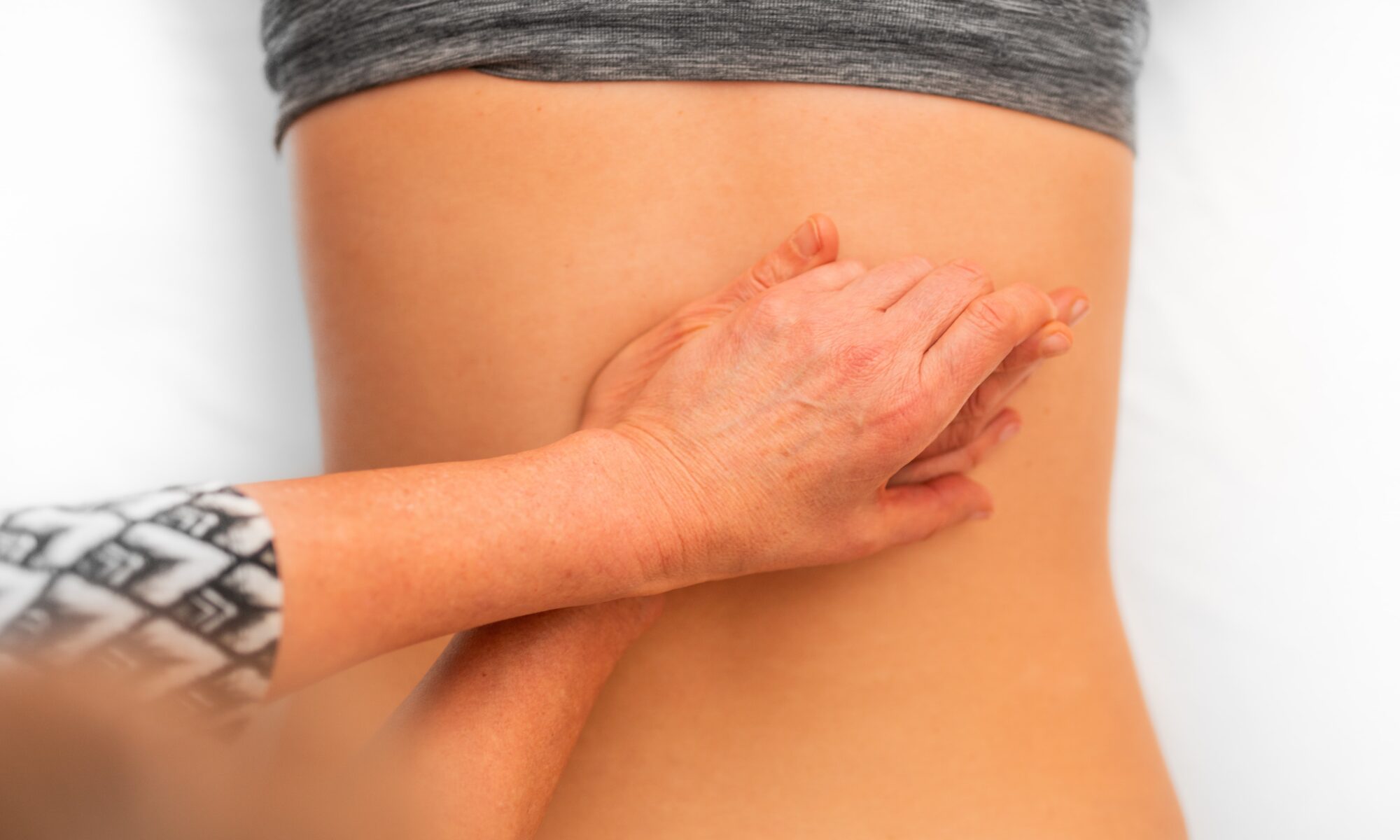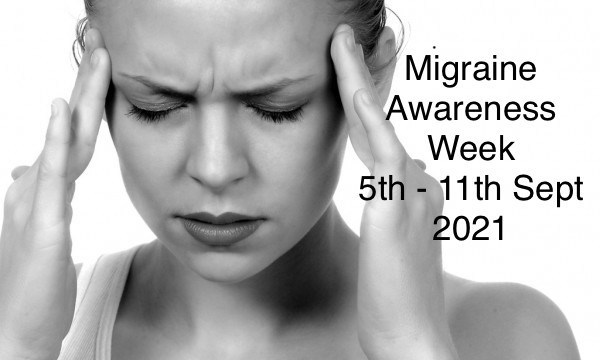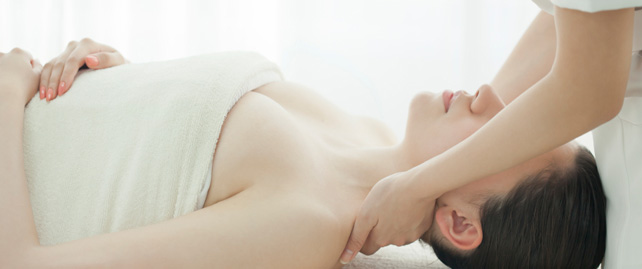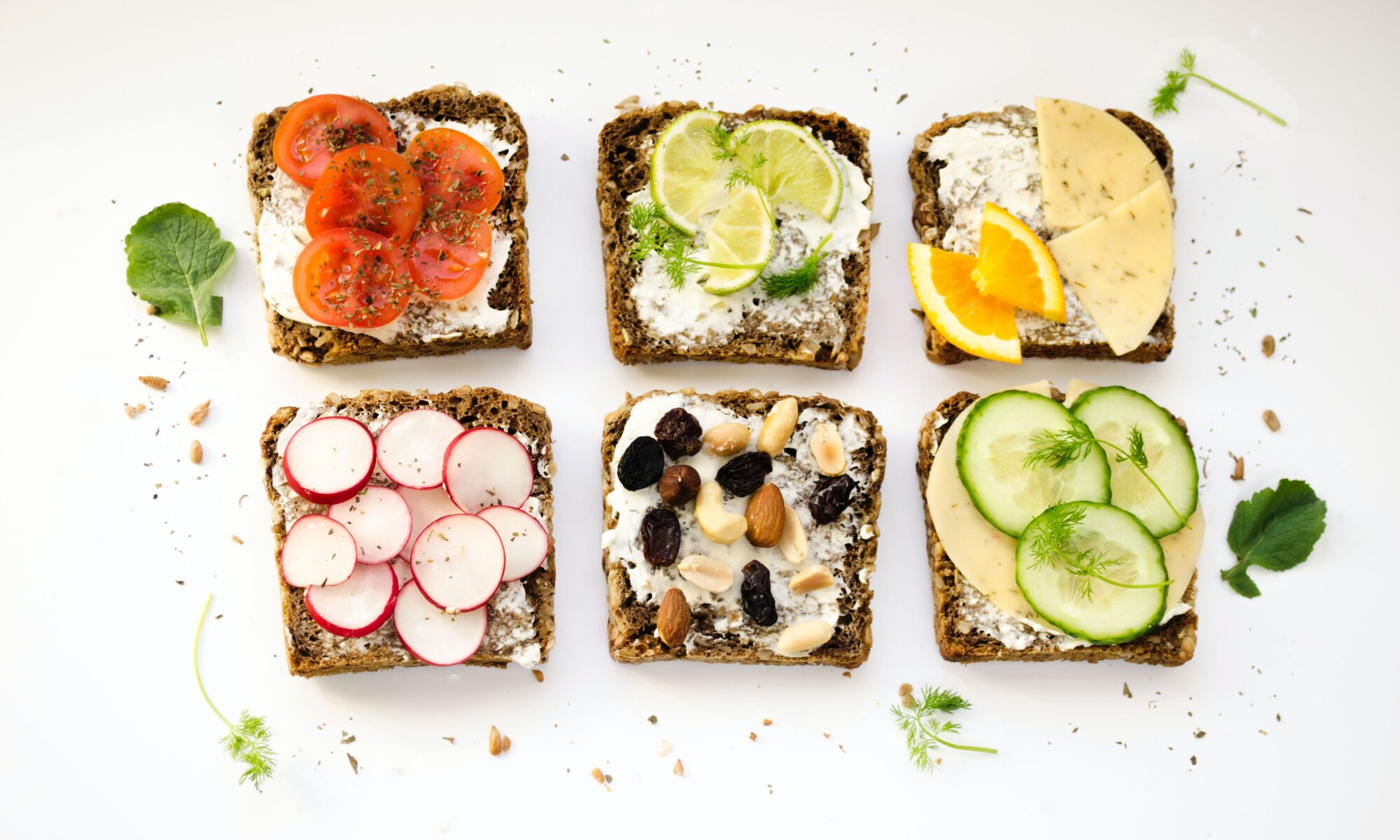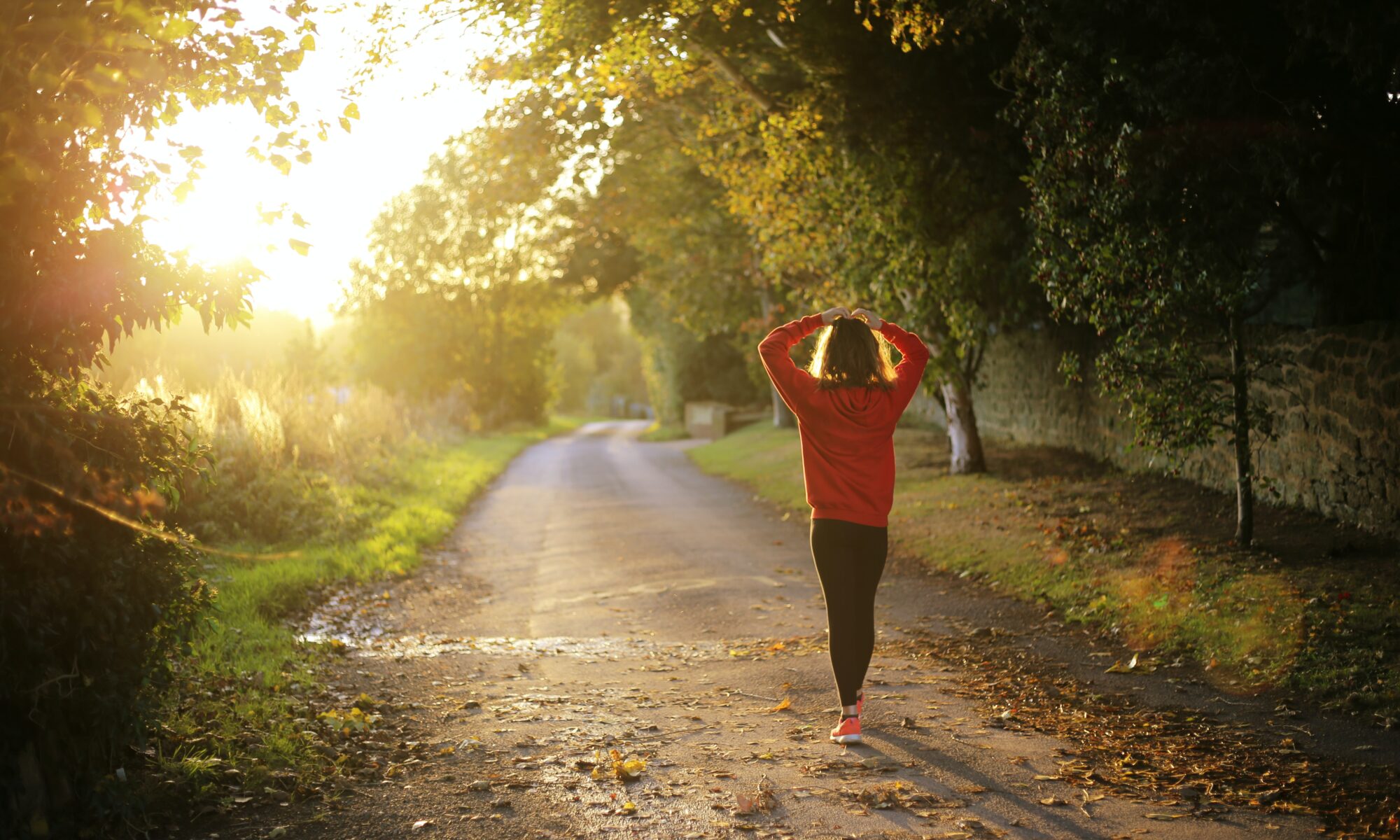Getting quality sleep is crucial for maintaining overall health and well-being, but many people struggle with achieving restful slumber due to disruptions in their circadian rhythm. One effective way to enhance your sleep quality is to optimise your exposure to natural light throughout the day.
By understanding how different types of light influence your body’s internal clock, you can adjust your daily routine to promote better sleep.
Morning Light and Its Impact
In the morning, exposure to natural light—especially blue light—plays a critical role in regulating your circadian rhythm. Blue light, which is abundant in natural morning sunlight, stimulates the suprachiasmatic nucleus (SCN) of the brain. The SCN acts as your body’s master clock, helping to synchronise your sleep-wake cycle with the external environment. When you are exposed to blue light early in the morning, it prompts the release of cortisol, a hormone that helps you feel alert and energised, setting a robust rhythm for the day.
The benefit of morning light extends beyond just feeling awake; it also helps to prevent disruptions in your circadian rhythm later in the day. By starting your day with adequate exposure to natural sunlight, you reinforce your body’s internal clock, by ensuring your cortisol levels naturally peak in the morning, making it easier to maintain a consistent sleep schedule.
Evening Light and Melatonin Production
As the day progresses, the type of light you encounter can significantly affect your ability to fall asleep. Evening light tends to be warmer and redder, with minimal blue wavelengths. This type of light signals your body to produce melatonin, the hormone responsible for making you feel sleepy and preparing you for restful sleep.
To support this natural process, it is essential to limit exposure to artificial blue light sources in the evening. Blue light from screens, such as smartphones, tablets, and computers, can interfere with melatonin production. This disruption can not only make it harder to fall asleep but also lead to cortisol spikes that further complicate your sleep.
Practical Tips for Evening Light Management
1. Reduce Blue Light Exposure: In the evening, avoid screens or use blue light filters on your devices to minimise blue light exposure. Many smartphones and computers have settings that adjust the screen’s colour temperature to reduce blue light as the day progresses.
2. Choose Warm Lighting: Instead of bright overhead lights, opt for incandescent bulbs or use candles to create a warm, red-toned light environment in the evening. This type of lighting is less likely to interfere with melatonin production and helps signal to your body that it’s time to wind down.
By aligning your light exposure with your body’s natural rhythms, you can enhance the quality of your sleep and support overall health. Embrace morning sunlight to set your internal clock and manage your evening light environment to foster a more restful night’s sleep.
Nicola Bayer M.Ost, Lead Osteopath, Oak Park Clinic

